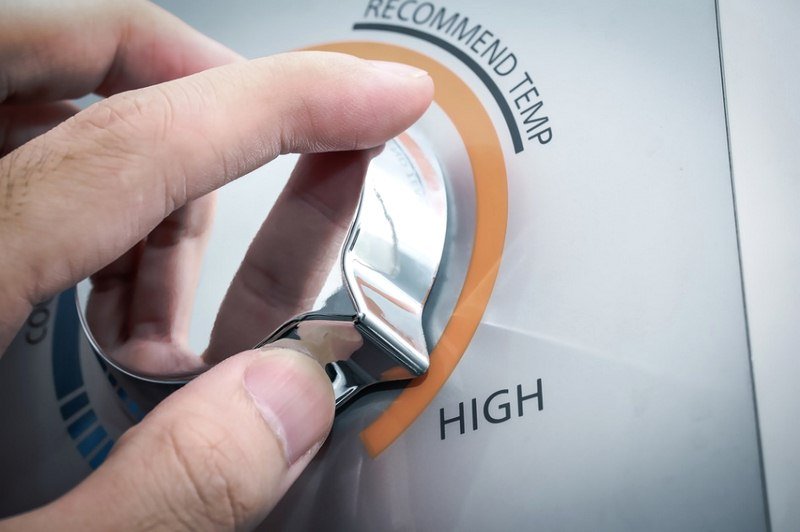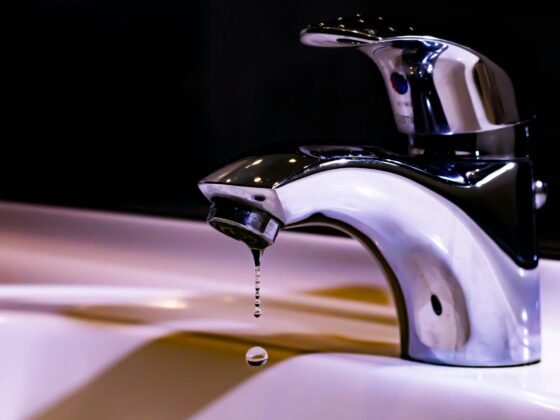Table of Contents Show
The newest trend in residential water heating is the tankless water heater. It is called “tankless” because that’s exactly what it is.
Instead of having a water tank that is being constantly heated and waiting for use, tankless water heaters only run when they are needed.
Heating the water instantly through the pipes doesn’t leave water sitting in a tank waiting to be emptied.

The Advantages of a Tankless Water Heater
There are many advantages to having a tankless water heater. Although it’s initially much more expensive than the tank version, the cost that you pay upfront might be well worth it for all the advantages you will reap from using one.
They Supply Endless Heated Water
Unlike a water heater that fills and empties, a tankless water heater heats at the source of the water supply.
When you have a water tank, at some point you are going to run out of hot water if you empty it and it hasn’t had time to refill. With a tankless option that isn’t ever the case. You can have hot water all day long.
The US Department of Energy estimates that using a tankless water heater fueled by gas saves about an average of $108 annually, and if it is run by electricity, it can save you about $44 a year.
Although that might not seem like a lot, if you have a large home, the cost difference can be significant. And if you are running more than one tank to keep up with high demand, then the savings are doubled.
More Eco-friendly
Since you aren’t always running gas to keep your water tank heated, tankless water heaters are more eco-friendly.
They also don’t require as much electricity and are more energy-efficient. If you want to decrease your carbon footprint, tankless versions are the way to go.
Water tanks also take up less space when they don’t work anymore. Imagine how much space the water tanks of the past are now wasting in landfills around the nation. The tankless kind is easier to dispose of.
They Have a Longer Warranty
Tankless water heaters typically last longer and come with a longer warranty than their tank counterparts. The average tankless water heater will have a warranty of up to 15 years, while the water tank typically is only warranted for about 6.
Read Also:
Water Isn’t Sitting in the Tank With Sediment
When water sits in a tank, it isn’t unusual for it to start forming sentiment at the bottom of the reservoir. That isn’t healthy for anyone to use. It is also more likely that it will need to be emptied and refilled frequently to keep the water fresh.
If you have water constantly sitting at the bottom of a water tank, the water can be full of minerals and built-up contaminants that aren’t healthy at all.
Which Is Better, Electric, or Gas?
If you are going to install a tankless water heater, you might be stuck purchasing gas or electricity depending on what kind of supply line you already have available. But if you are going to invest in a tankless water heater, it might behoove you to have an electric line put in.
Electric tankless heaters are about 99% more efficient than their gas counterparts. Unfortunately, they don’t qualify for the Energy Star rating, so you can’t get a rebate for installing them in your home.
If you choose to have a gas-generated tankless heater, then it will qualify for a rebate. You get a $300 rebate when you have one installed if you follow through with filling out the paperwork – so that is a money-back right from the start.
Depending on the size of your home and the number of people in it, installing a tankless water heater might really pay off in the long run. It is not only more Eco-friendly – it might also be friendlier to your wallet.
If you are interested in having a tankless water heater installed, call a professional plumber to find out what the installation costs are to determine whether it is a good fit for your home.









